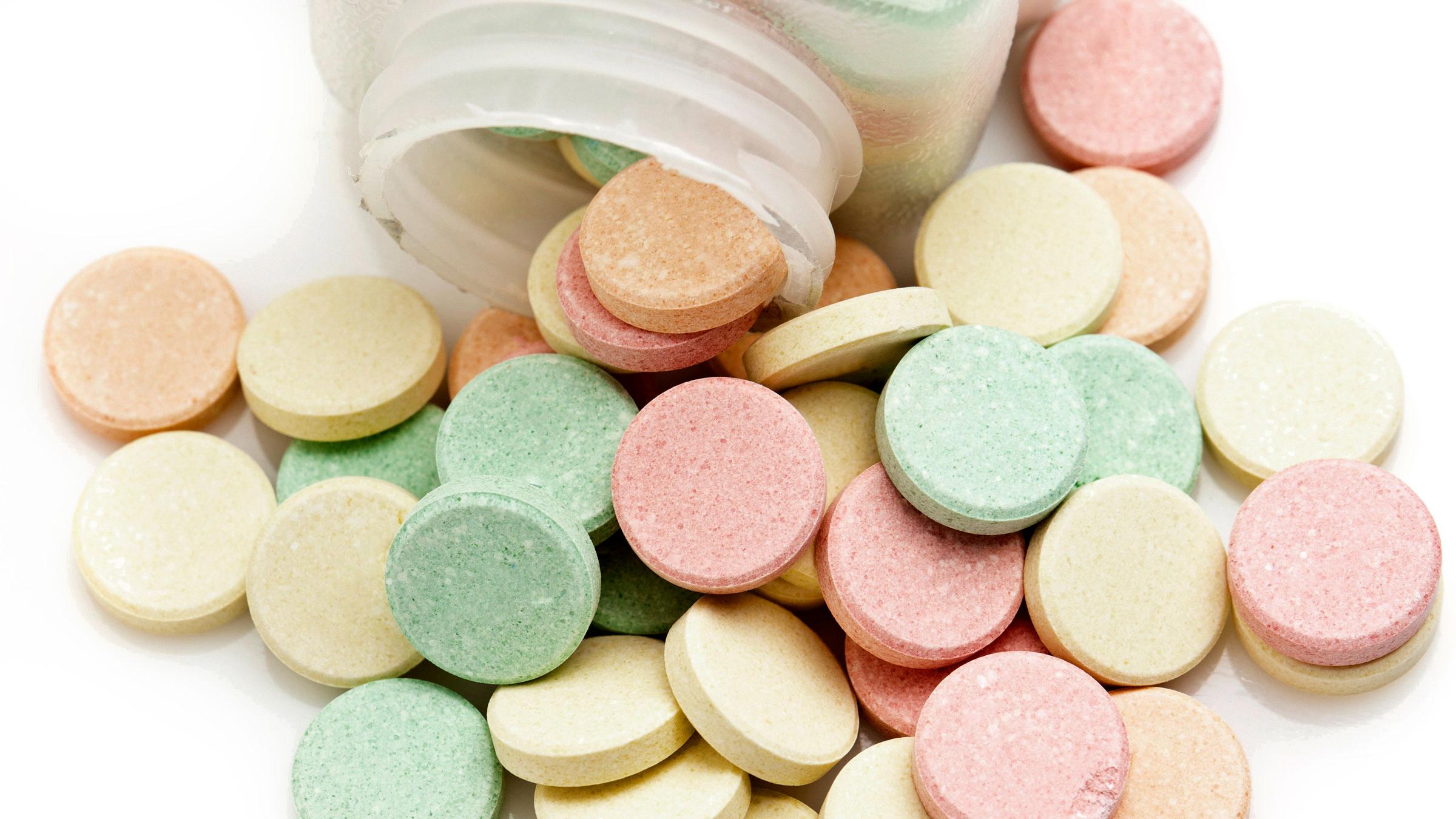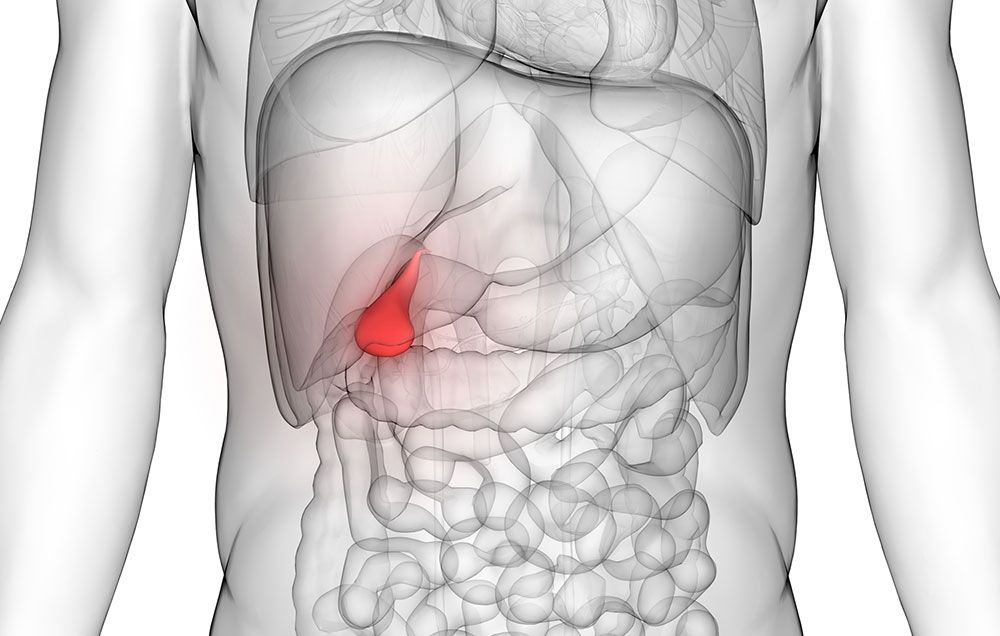Gallbladder pain can be a debilitating condition that can significantly impact a person’s quality of life. The gallbladder is a small organ located under the liver that plays a vital role in the digestive process by storing bile. Bile is a fluid that helps break down fats in the small intestine, and when the gallbladder is not functioning correctly, it can lead to inflammation, infection, and pain.
Symptoms of gallbladder pain can vary, but they often include sharp, intense pain in the upper right abdomen or right shoulder, nausea, vomiting, and bloating. Many people wonder if antacids can help relieve the pain assoiated with gallbladder problems.
Antacids are medications that work by neutralizing stomach acid. They are often used to treat symptoms of acid reflux, heartburn, and indigestion. However, they are not typically used to treat gallbladder pain. Antacids are designed to address issues related to stomach acid, and gallbladder pain is caused by a malfunctioning gallbladder.
In some cases, antacids may provide temporary relief of symptoms associated with gallbladder pain, such as nausea and indigestion. However, they do not address the underlying cause of the pain. It is essential to seek medical attention if you experience symptoms of gallbladder pain as untreated gallbladder issues can lead to serious complications.
There are several treatment options available for gallbladder pain, depending on the severity of the condition. In cases of acute pain, nonsteroidal anti-inflammatory drugs (NSAIDs) such as ibuprofen or naproxen may be prescribed to manage symptoms. In more severe cases, surgery may be required to remove the gallbladder.
Antacids are not typically used to treat gallbladder pain as they are designed to address issues related to stomach acid. It is vital to seek medical attention if you experience symptoms of gallbladder pain to determine the underlying cause and receive appropriate treatment.
Treating Gallbladder Pain Immediately
If you are experiencing gallbladder pain and you’re looking for immediate relief, there are several things you can try. Here are some options that may help:
1. Apply a warm compress: Placing a warm compress on the affected area can help to soothe the pain and promote relaxation. You can use a hot water bottle, heating pad, or warm towel. Be sure to use a moderate temperature and avoid applying heat for too long, as this can cause burns.
2. Drink peppermint tea: Peppermint tea is a natural remedy that can help to alleviate gallbladder pain. The menthol in peppermint has a relaxing effect on the muscles, which can help to reduce spasms and cramping. You can drink one or two cups of peppermint tea per day to help ease your symptoms.
3. Take a magnesium supplement: Magnesium is a mineral that can help to promote gallbladder contractions, which can aid in the digestion of fats and alleviate pain. You can take a magnesium supplement or eat foods that are high in magnesium, such as leafy greens, nuts, and whole grains.
4. Avoid fatty foods: If you are experiencing gallbladder pain, it is important to avoid fatty and greasy foods, as thse can exacerbate your symptoms. Stick to a low-fat diet that includes plenty of fruits, vegetables, and lean proteins.
5. See a doctor: If your gallbladder pain persists or becomes severe, it is important to seek medical attention. Your doctor may recommend medication, surgery, or other treatments to help alleviate your symptoms and prevent complications.

Source: goodrx.com
Treating Gallbladder Pain with Medicine
The medicine that is commonly used to manage the pain associated with gallstones and acute biliary colic is known as Nonsteroidal anti-inflammatory drugs (NSAIDs). These medications work by inhibiting the production of prostaglandins, which are responsible for causing inflammation and pain. NSAIDs such as diclofenac, ketorolac, flurbiprofen, celecoxib, and tenoxicam are frequently prescribed to alleviate the symptoms of gallbladder pain. These medications can be administered orally or intravenously depending on the severity of the pain. NSAIDs are considered the first-line therapy for managing the pain associated with gallstones and are often used as a temporary measure until definitive treatment can be provided. It is important to note that NSAIDs should only be taen under the guidance of a healthcare professional, as they can cause side effects such as stomach ulcers, bleeding, and kidney problems.
Can Tums Relieve Gallstone Pain?
Tums, which are a type of antacid, may provide temporary relief for mild indigestion and heartburn symptoms. However, they are not effective in treating gallstone pain. Gallstones are solid deposits that form in the gallbladder and can cause severe pain in the upper right abdomen, back, or shoulder. Treatment for gallstones may include medication, surgery, or other procedures depending on the severity of the condition. It is important to consult with a healthcare provider for proper diagnosis and treatment of gallstone pain.
Causes of Gallbladder Pain
Several factors can trigger or worsen gallbladder pain, including:
1. Eating fatty or greasy foods: Consuming high-fat or greasy foods can cause the gallbladder to contract and release bile, wich can lead to pain.
2. Large meals: Eating large meals can put pressure on the gallbladder and cause discomfort.
3. Skipping meals: Skipping meals or fasting for an extended period can also trigger gallbladder pain.
4. Rapid weight loss: Rapid weight loss, especially when achieved through crash diets, can increase the risk of developing gallstones and lead to gallbladder pain.
5. Medications: Certain medications like birth control pills, cholesterol-lowering drugs, and antibiotics can increase the risk of developing gallstones and cause pain.
6. Infection: Inflammation or infection of the gallbladder or bile ducts can cause intense pain.
7. Stress: Stress can lead to the release of hormones that can cause the gallbladder to contract, resulting in pain.
It is essential to speak to a healthcare provider if you experience gallbladder pain to determine the underlying cause and receive appropriate treatment.

Conclusion
In conclusion, gallbladder pain can be an uncomfortable and debilitating condition that requires prompt attention. There are several ways to alleviate the pain and discomfort associated with gallbladder issues, including warm compresses, peppermint tea, and magnesium supplements. Additionally, NSAIDs such as diclofenac and celecoxib can help manage acute biliary colic or complications of gallstones. However, it is important to note that these remedies are not a substitute for medical treatment and should be used uder the guidance of a healthcare professional. If you experience severe or persistent gallbladder pain, it is crucial to seek medical attention immediately to avoid further complications.
